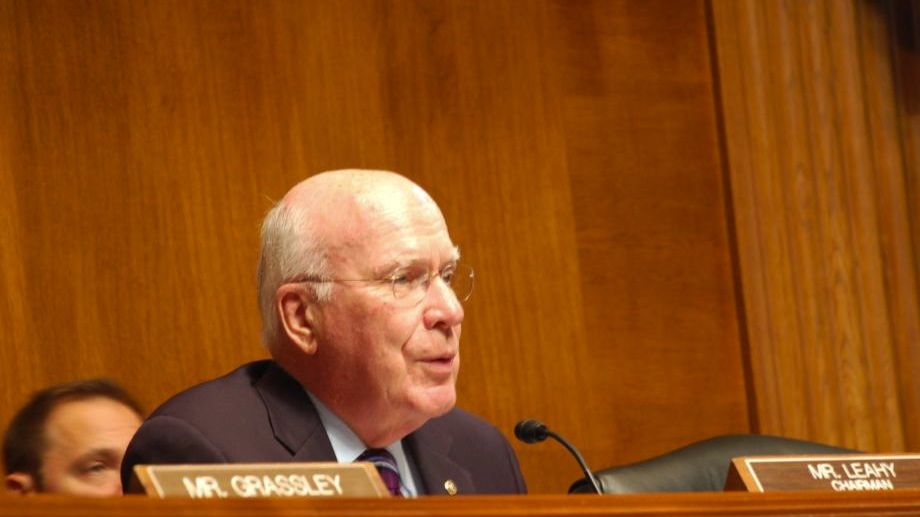Senator confirms no warrantless email access for government agencies
Privacy advocates still concerned

After public outcry, a controversial provision allowing law enforcement warrantless email access has been taken out of an upcoming revision of the 1986 Electronic Communications Privacy Act (ECPA), which comes to a vote on Thursday.
Patrick Leahy, the Democratic chairman of the Senate Judiciary Committee, proposed updates to laws that governs U.S. citizens' electronic privacy.
Though Leahy claimed the bill will give additional protection to citizens' email privacy, the American Civil Liberties Union (ACLU) and other privacy advocates said the revision did just the opposite.
Warranted?
According to language from the amendment, it would have exempted 22 government agencies from obtaining warrants when searching emails and digital files.
Under the revision, law enforcement would be able to freely access email, Google Doc files, Facebook wall posts and Twitter direct messages while investigating crimes.
But after the story hit the internet last week amid public backlash, Leahy removed the controversial section. A substitute revision now generally requires authorities to get a search warrant for the contents of emails, digital photos, documents and other private files.
"I join the many privacy advocates, technology leaders, legal scholars and other stakeholders who support reforming ECPA to improve privacy rights in cyberspace," Leahy said in a press release Monday.
Sign up for breaking news, reviews, opinion, top tech deals, and more.
"I hope that all members of the Committee will join me in supporting the effort in Congress to update this law to protect Americans' privacy."
It's a start
Chris Calabrese, Legislative counsel for the ACLU, said the new revision was a step in the right direction.
"The bill does one thing very well," Calabrese told TechRadar.
He said the new law will protect citizens emails, Google Docs and Facebook posts. But the update is too narrow and it only catches up with what protection citizens already thought they had.
Calabrese said more laws need to be updated to protect the public's privacy. Safeguards such as ones that protect citizens from being tracked on their mobile devices and keep authorities from freely looking at their internet purchase histories.
Still worried
Though the new revision is a victory for privacy advocates, there are a few sections they still take issue with.
One section forces internet providers to notify law enforcement in advance if they plan to warn customers they are the target of a warrant, order or subpoena.
The bill would also allow law enforcement to delay that notice to customers for up to two 180-day periods. In the first revision, that were only two 90-day periods.
"I'm less thrilled about extending the delayed notification provisions," Hanni Fakhoury, a staff attorney at the Electronic Frontier Foundation, told CNET.
"People have a right to know when the government has looked through their electronic communications, and the sooner they find out, the better."
Though privacy advocates aren't completely happy with the new amendment, there is a lot more to cheer about than there used to be.
Via CNET